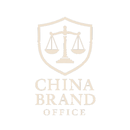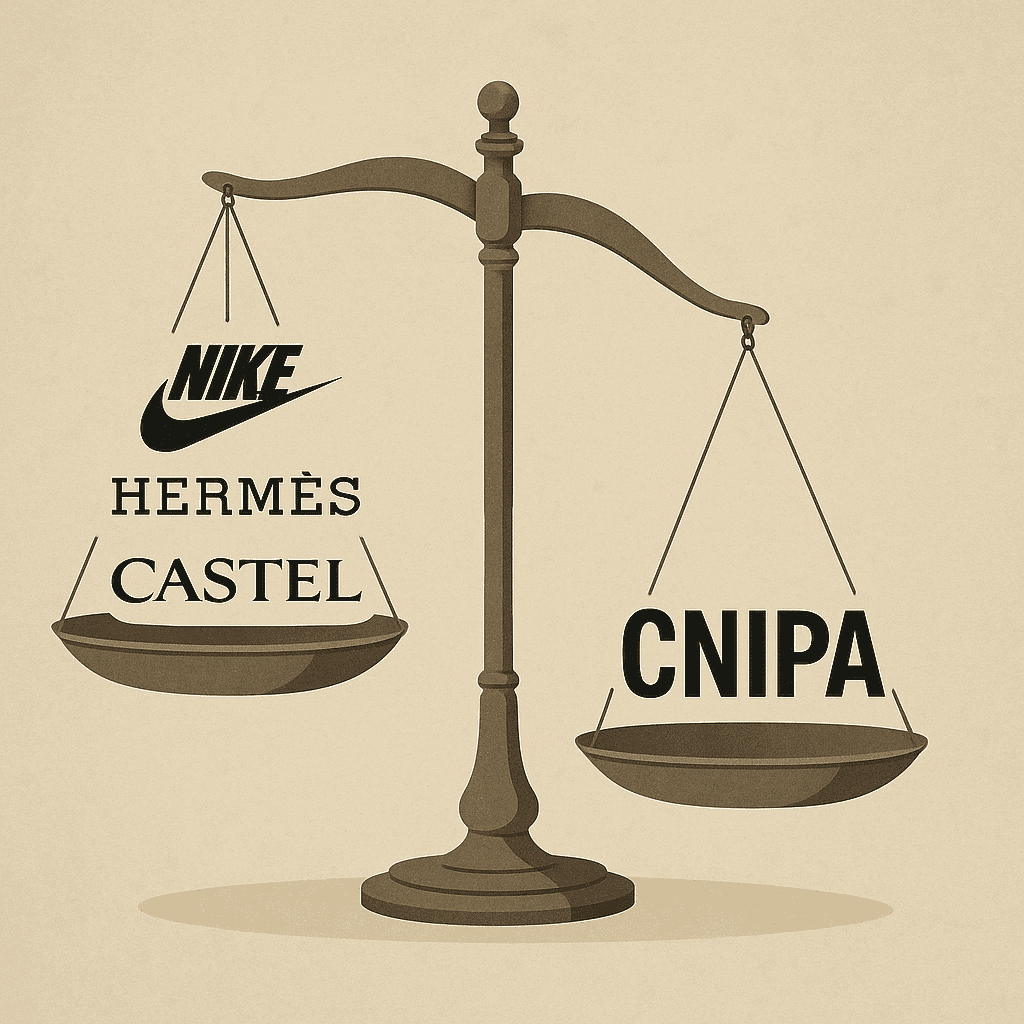In a legal system based on the "first-to-file" rule, China gives no priority to prior use. As a result, many foreign companies — even famous ones — have had their own names hijacked. Here are 3 real, documented, and quantified cases.
1. Castel Frères (France)
Sector: wine – Bordeaux
- Faits : Le groupe chinois Panati a déposé dès 2000 la marque 卡斯特 (“Ka Si Te”, translittération de “Castel”) en Chine.
- Castel’s mistake: the trademark was not filed in China on time.
- Lawsuit: Panati sued Castel for unauthorized use of the word 卡斯特.
- Ruling (2013): Castel loses.
- Penalty: 33.73 million yuan (≈ €4.2M) to be paid to Panati.
- Consequence: Ban on using 卡斯特. Castel must change its name in China → “Kasidaile”.
📎 Source: Les Echos, AFDIP
2. Hermès (France)
Sector: luxury
- Facts: The Chinese company Dafeng Garment Co. registered the trademark 爱玛仕 ("Ài Mǎ Shì", a pronunciation close to "Hermès") in 1995.
- Hermès' mistake: it had never registered its name in Chinese characters.
- Procès (2009–2012) : Hermès tente de faire annuler la marque.
- Ruling: Hermès loses. The court rules that Hermès could not prove its reputation in China at the time of filing.
- Consequence: Hermès cannot use this Chinese version of its own brand.
📎 Source : China.org.cn
3. Michael Jordan (Nike, USA)
Sector: sports, apparel – (Landmark case, same logic applies to European brands)
- Facts: Qiaodan Sports Co. Ltd registered the name “QIAODAN” (乔丹, transliteration of Jordan) in 2000.
- Error: Neither Jordan nor Nike had protected this name in Chinese.
- Lawsuit: Michael Jordan filed a lawsuit in 2012.
- Ruling (2016): He loses. The Chinese Supreme Court confirms that Qiaodan Sports retains the rights in several classes.
- Consequence: Nike loses the exclusive use of the Chinese version of the name “Jordan” (乔丹) for many categories.
📎 Source: WIPO, Reuters
Moral
If you don’t register your trademark yourself, someone else will do it before you.
And they will win.
Not because they are right, but because they were faster.
— China Brand Office







